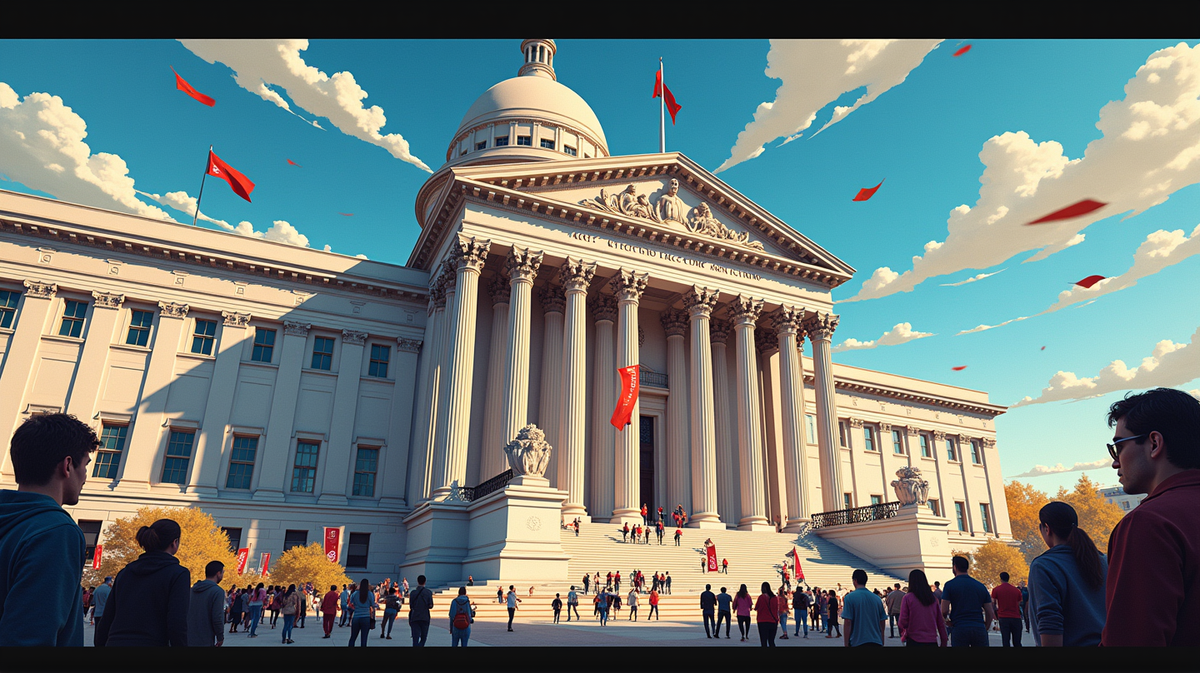Musk's Million Dollar Push: Shaping Wisconsin's Judicial Future

Wisconsin’s complex judicial landscape is at a pivotal moment, tinged with the influence of high-profile individuals like Elon Musk. As the state’s Supreme Court candidates, Susan Crawford and Brad Schimel, prepare for a critical election on April 1, a remarkable move by Musk’s America PAC takes center stage—awarding a million-dollar prize to a registered voter for signing a petition against what they term “activist judges.”
A Campaign Unprecedented in its Scale and Influence
With over \(59 million at play, this race has become the most expensive state judge race in U.S. history. What stands out amidst the financial frenzy is the \)1 million incentive Musk PAC offered, aiming to rally public sentiment against judges who allegedly rewrite laws according to personal or political biases. According to Washington Examiner, the petition succinctly voices its mission: to ensure judges interpret laws as written, sans personal agendas.
The Musk Factor in Wisconsin’s Courtroom Clash
Brad Schimel, a candidate leaning on conservative values, has notably received $13 million in campaign donations from pro-Musk groups. This financial link became a focal point in Susan Crawford’s campaign ads, drawing public attention to the tech mogul’s influence in politics.
The stakes are not just political. A recent court decision denied Tesla’s bid to establish its first dealership in Wisconsin—a decision Musk publicly reacted to by commenting on the ongoing race. It reflects the intersection of judicial rulings and business interests, exemplifying how court outcomes can have rippling effects on corporate movements.
The Public’s Role in Judicial Accountability
The petition, for which Green Bay’s Scott A. became the first million-dollar spokesperson, signifies a broader call to ensure judicial neutrality and accountability. It embodies a rallying cry against judicial overreach, demanding a judiciary that is impartial and adheres strictly to legislative intent.
Anticipation Builds as the Election Date Nears
As April 1 approaches, both the candidates and the public gear up for a decisive moment that will chart the judicial course for Wisconsin. The outcome will influence a range of issues, from corporate interests like those of Tesla to broader constitutional interpretations affecting state governance.
This election is not merely a dual between two judicial philosophies but a battle over the judicial system’s role in modern society, magnified by unprecedented financial and public engagement. The narrative unfolds as voters prepare to cast their votes, shaping the judicial fabric of Wisconsin for years to come.




